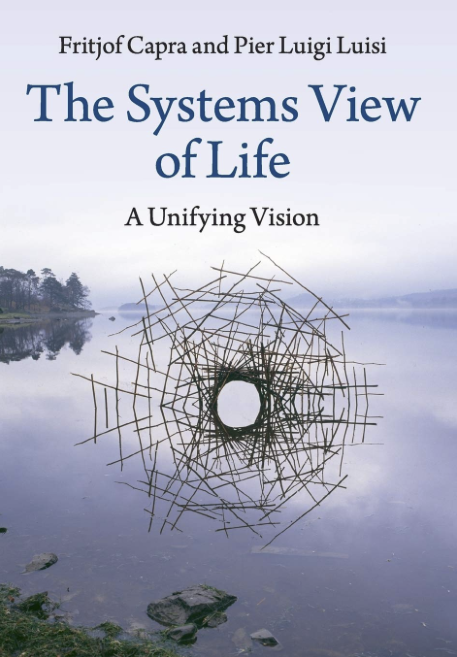Over the past thirty years, a new systemic conception of life has emerged at the forefront of science. New emphasis has been given to complexity, networks, and patterns of organisation, leading to a novel kind of 'systemic' thinking. This volume integrates the ideas, models, and theories underlying the systems view of life into a single coherent framework. Taking a broad sweep through history and across scientific disciplines, the authors examine the appearance of key concepts such as autopoiesis, dissipative structures, social networks, and a systemic understanding of evolution. The implications of the systems view of life for health care, management, and our global ecological and economic crises are also discussed. Written primarily for undergraduates, it is also essential reading for graduate students and researchers interested in understanding the new systemic conception of life and its implications for a broad range of professions from economics and politics to medicine, psychology and law.
Quotes from book:
“Systems thinking is “contextual,” which is the opposite of analytical thinking. Analysis means taking something apart in order to understand it; systems thinking means putting it into the context of a larger whole.”
“Communication, according to Maturana, is not primarily a transmission of information, but rather a coordination of behavior between living organisms.”
“The double role of living systems as parts and wholes requires the interplay of two opposite tendencies: an integrative tendency to function as part of a larger whole, and a self-assertive, or self-organizing tendency to preserve individual autonomy.”
“Care flows naturally if the “self” is widened and deepened so that protection of free Nature is felt and conceived as protection of ourselves…Just as we need no morals to make us breathe…[so] if your “self” in the wide sense embraces another being, you need no moral exhortation to show care…You care for yourself without feeling any moral pressure to do it.”
Quotes from book:
“Systems thinking is “contextual,” which is the opposite of analytical thinking. Analysis means taking something apart in order to understand it; systems thinking means putting it into the context of a larger whole.”
“Communication, according to Maturana, is not primarily a transmission of information, but rather a coordination of behavior between living organisms.”
“The double role of living systems as parts and wholes requires the interplay of two opposite tendencies: an integrative tendency to function as part of a larger whole, and a self-assertive, or self-organizing tendency to preserve individual autonomy.”
“Care flows naturally if the “self” is widened and deepened so that protection of free Nature is felt and conceived as protection of ourselves…Just as we need no morals to make us breathe…[so] if your “self” in the wide sense embraces another being, you need no moral exhortation to show care…You care for yourself without feeling any moral pressure to do it.”

